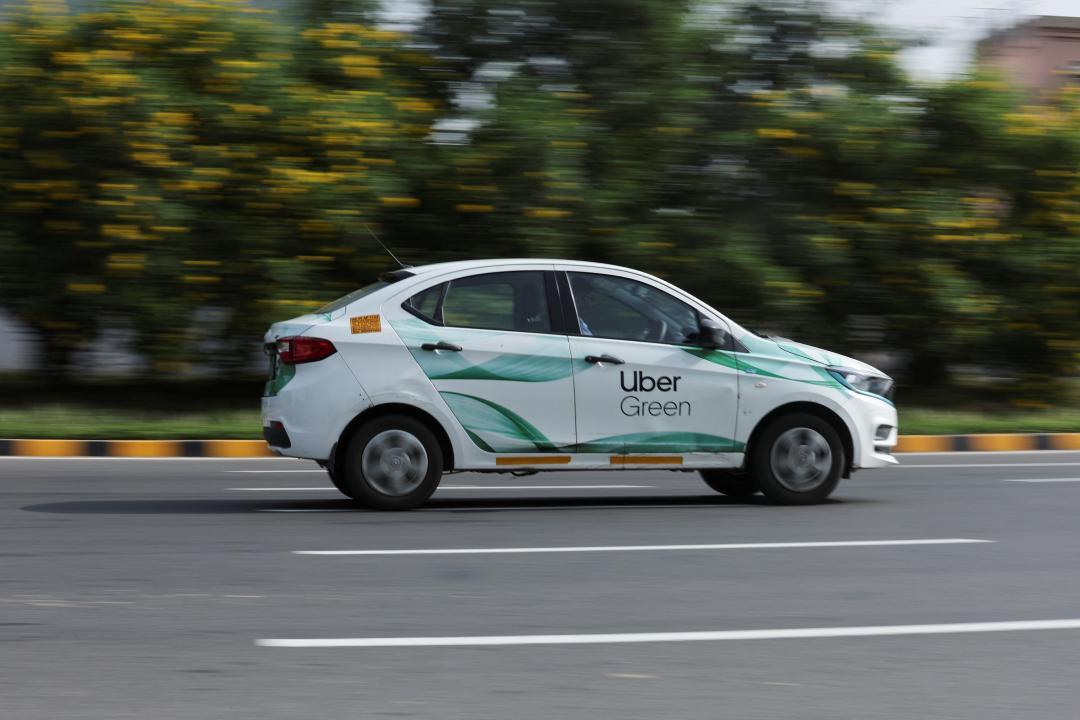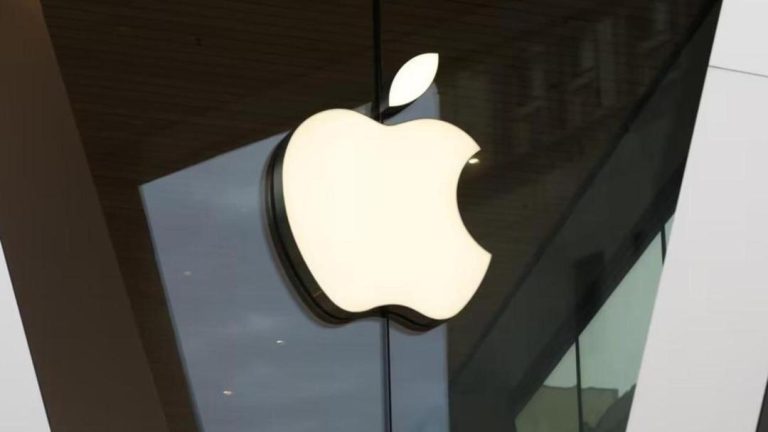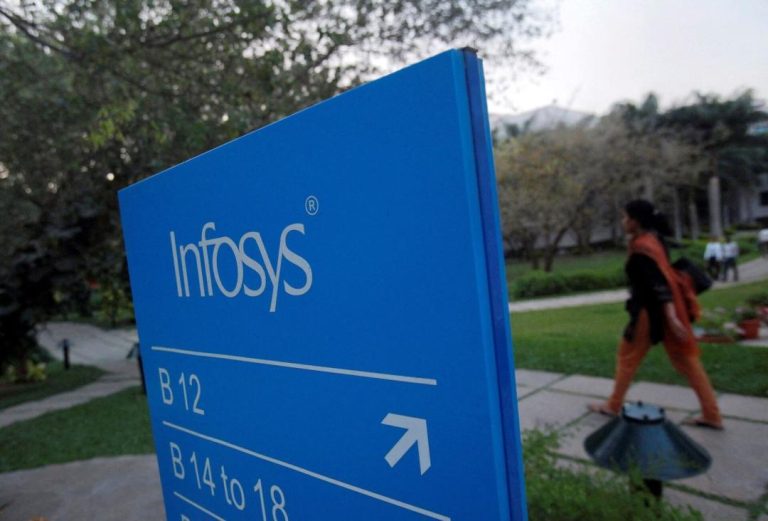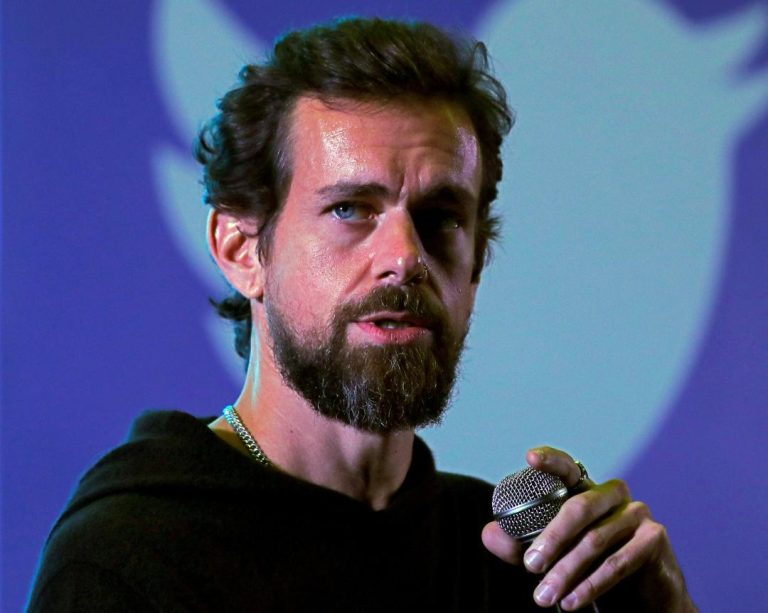
Why are Ola, Uber & Rapido drivers on indefinite strike in Mumbai?
The streets of Mumbai have become eerily quiet in recent days, with thousands of Ola, Uber, and Rapido drivers taking to the roads in protest. The indefinite strike, which began on October 15, has resulted in longer wait times and fewer cabs on the road, leaving commuters in a state of uncertainty. But what led to this unprecedented strike? What are the demands of these drivers, and what does the future hold for the ride-hailing industry in India?
The strike, which has been gaining momentum, was sparked by the alleged unsustainable income of the drivers. According to reports, after deducting aggregator commissions and fuel expenses, the actual income of the drivers falls to a meager ₹8-12 per kilometre. This, coupled with rising fuel and maintenance expenses, has left the drivers struggling to make ends meet.
In an interview with NDTV, a representative from the Ola and Uber drivers’ union, Praveen Singh, explained the situation: “We are not able to survive on the income we receive. The companies deduct so much in the name of commissions and fuel, that our actual income is very low. We are left with just ₹8-12 per kilometre, which is not enough to even pay for our vehicle maintenance and fuel expenses.”
The drivers are demanding a reduction in the aggregator commissions, which they claim are exorbitant and unfair. They also want the companies to bear the cost of vehicle maintenance and fuel expenses, rather than imposing it on them.
The strike has had a significant impact on the commute in Mumbai, with thousands of passengers facing delays and cancellations. The local authorities have attempted to intervene, with the Mumbai Police Commissioner, Param Bir Singh, saying that the strike was “unlawful” and that the drivers would be taken to court if they did not return to work.
However, the drivers remain resolute, with many stating that they are willing to continue the strike until their demands are met. “We are not going back to work until our demands are met,” said another driver, who wished to remain anonymous. “We are tired of being exploited by these companies. We want fair treatment and a decent income.”
The strike has also highlighted the growing discontent among the drivers towards the companies. Many feel that they are being treated unfairly, with no benefits or job security. “We are just contractors to these companies,” said another driver. “We have no job security, no benefits, and no support. We are just treated like robots.”
The situation has also raised questions about the sustainability of the ride-hailing industry in India. With the rise of aggregator companies like Ola and Uber, the traditional taxi industry has seen a significant decline. However, the strike has highlighted the fact that the drivers, who are the backbone of the industry, are struggling to make a living.
The government has also been accused of doing little to address the issues faced by the drivers. “The government has been silent on this issue,” said Praveen Singh. “They have not taken any steps to protect the interests of the drivers. They are only concerned with the interests of the companies.”
In conclusion, the strike by Ola, Uber, and Rapido drivers in Mumbai is a wake-up call for the ride-hailing industry in India. The drivers, who are the backbone of the industry, are struggling to make a living due to the unsustainable income and unfair treatment by the companies. The government must take steps to address these issues and ensure that the drivers are treated fairly and with dignity.






